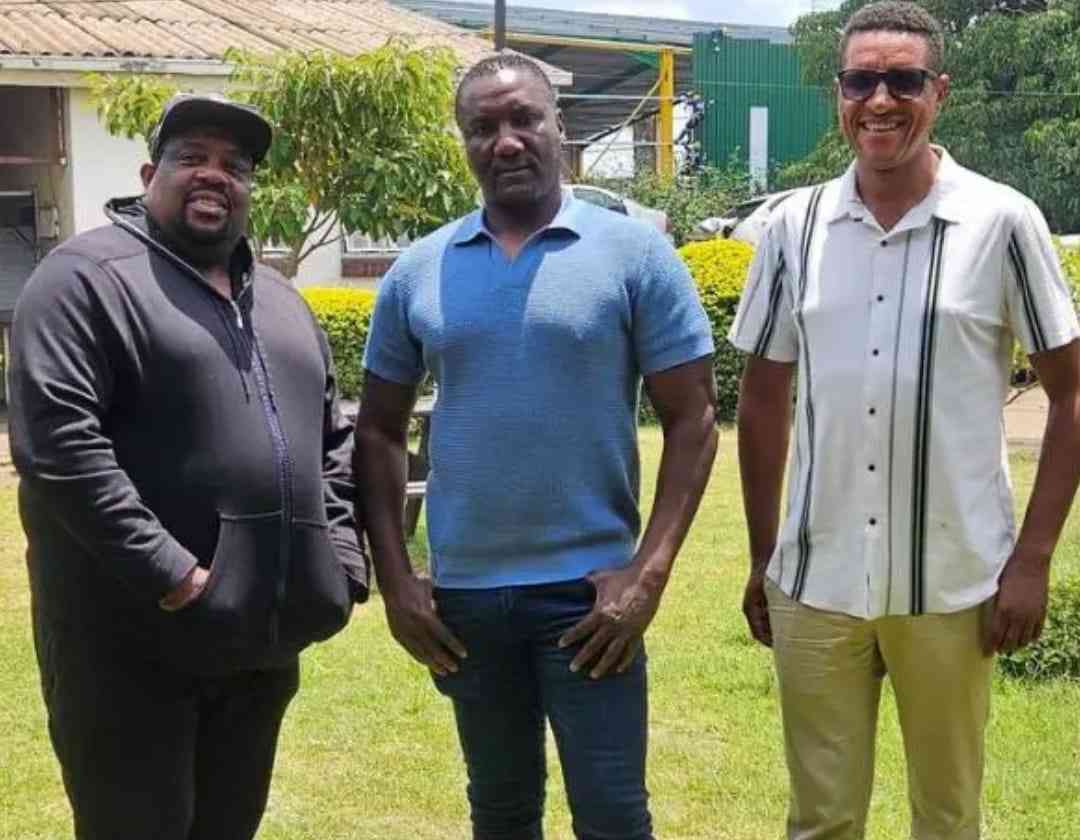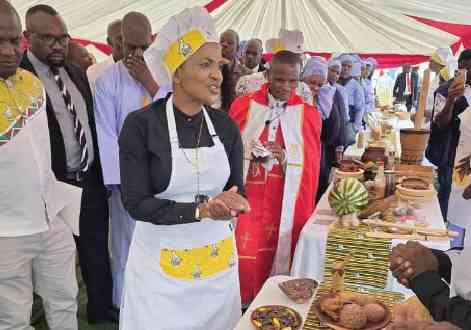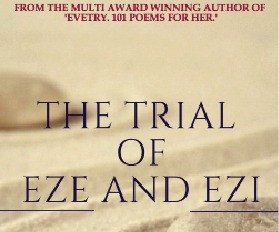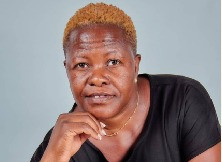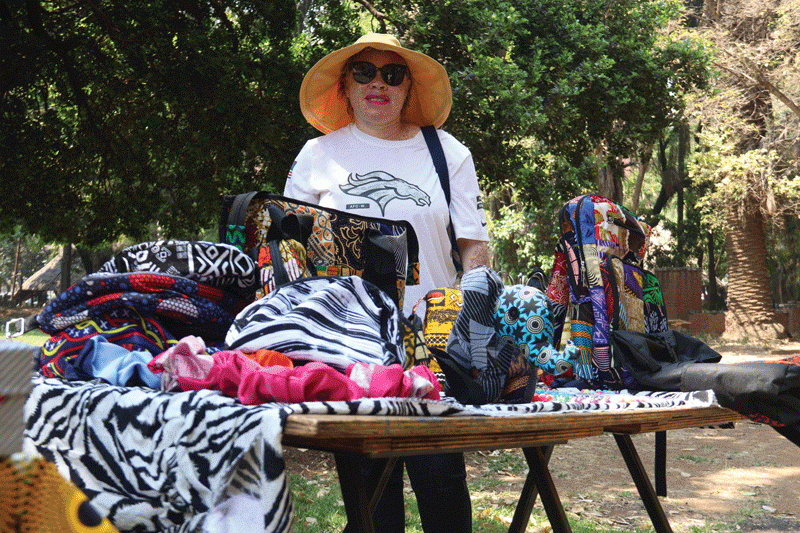
A Harare-based artist is using art to stitch together new narratives of dignity and acceptance for people living with disabilities.
For Gwen Mushonga (40), who has albinism, discrimination has been a lived experience.
Rather than retreat into silence, she turned to fabric scraps discarded by tailors, transforming them into vibrant handbags, imperfect dolls, and colourful paintings. Each piece, she says, is a metaphor for resilience — beauty born from what society dismisses as waste.
“The reason behind what we do with our art is that we collect fabrics that would have been thrown away by tailors to make art, handbags, laptop bags, inclusive dolls, scrunches, and a whole lot more,” Mushonga told Standard Style.
“When able-bodied people see people with disabilities, they often view them as unworthy or less than human. So the same idea applies.”
Her mission goes beyond aesthetics. Mushonga’s art is designed to spark conversations around acceptance, encouraging children to see difference as beauty, and inspiring those living with disabilities to embrace their identities.
“These fabric scraps are thrown away and considered waste, but we give them a new and beautiful life,” she said. “In the same way, if people with disabilities are given equal access and opportunities, they can thrive and become whoever they aspire to be.”
Disability stigma remains pervasive in Zimbabwe, cutting across education, healthcare, and employment.
- Over 115 to exhibit at Mine Entra
- Young entrepreneur dreams big
- Econet bemoans power outages
- Govt opens ChiTown e-passport centre
Keep Reading
News reports from late 2020 to September 2025 highlight how discrimination contributes to lower self-esteem and higher rates of depression among people with disabilities.
In rural areas, exclusion is even sharper. In 2021, villagers from Ward 8 in Matobo, Matabeleland South, raised alarm over the stigmatisation of children with disabilities in schools.
At a European Union and Diakonia-supported dialogue, parents shared painful accounts of withdrawing their children from classrooms after teachers and fellow pupils discriminated against them.
Mushonga’s response has been to use art as protest and affirmation. Her works are deliberately colourful — a visual statement against prejudice.
“I was discriminated against because of the way I look,” she said. “I use colour to encourage people to embrace their uniqueness. It doesn’t matter whether we all have black skin or not, we’re all human beings. I want my colourful artworks and creations to say: colour doesn’t matter.”
Her pieces were recently showcased at the 2025 Shoko Festival, Zimbabwe’s leading celebration of urban culture. Alongside music, comedy, and digital activism, Mushonga’s dolls and crafts drew attention for their bold message of inclusivity.
Shoko Festival, held annually in Harare and Chitungwiza, has grown into a platform for voices on the margins — musicians, poets, activists, and artists. For Mushonga, it was a stage to remind society that what is rejected can, with imagination and empathy, become something worth celebrating.
“Disability is not inability,” she said, arranging her colourful dolls at her stand. “Just like these fabrics, we can be seen as discarded, but we have value, purpose, and beauty.”

